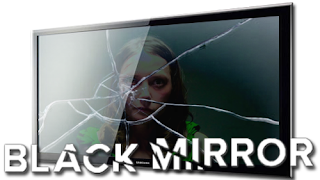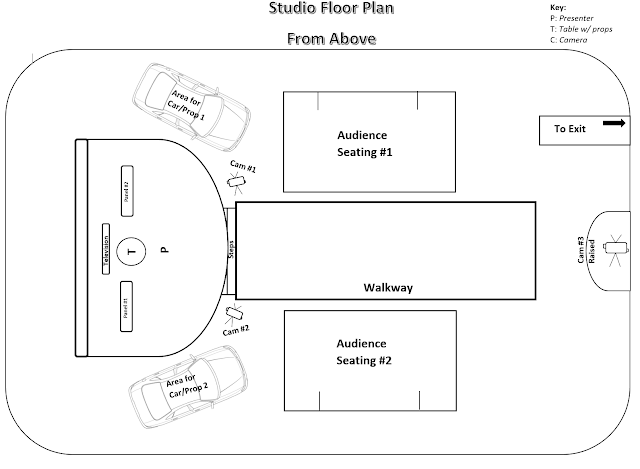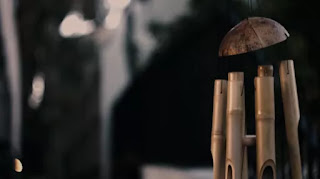Contextual Studies Lecture | Final Session on Genre

UFO Screening | Looking into Genre
This was our final session with Louis before we headed off to complete our essays to be handed in by April 28th. Because of this Louis wanted us to watch a screening of 'UFO (1969)' based on genre and answer questions at the end with constructive feedback.
The premise of UFO is interesting. In the year 1980 (bare in mind this was shot in the 60's), Earth is threatened by an alien race. In response to this the planet sets up a secret military organisation known as SHADO (Supreme Headquarters Alien Defence Organisation).
By analysing the mise en scene of the show, we can determine that the genre is clearly sci-fi orientated. Given the fact that the show was created in the late sixties, the advancements in computer technology used within the show, as well as the drastically different fashion sense when compared to that of the era, we can clearly determine the futuristic setting.
Audience
It feels that the show is directed towards a young-adult demographic, although perhaps could be considered family viewing since there isn't a massive amount of violence/gore.
Market
The show was ambitious for it's time, this would perhaps attract those seeking innovation within the tv industry. Due to it being based within Britain, it would've likely appealed most to a British tv audience, of course this would also perhaps be marketable to other commonwealth, english-speaking countries, i.e. America, Australia and New Zealand.
When a series was originally put out it would be screened in the morning rather than the evening; the people who funded the production company had their sights on an international market, and aired the show in the early evening. UFO ended up being pulled from it's early evening slot due to complaints about the mature content that was featured within it, due to this, during the latter half of the show's run it began to air later on in the evening as to alleviate some of the complaints.
Why have Western elements?
The character which initially suffers from the powers of 'the rock' and hallucinates cowboys, which contextualised the character further since he already previously mentioned that he writes cowboy stories.
Sexualisation?
There's a couple shots within the opening title sequence that involves the sexualisation of women, this is evident of the era as this sort of thing would be hard to get away with nowadays without causing online controversy.
Form and Theory (Critical Interpretation)
What was the show about? The show itself is littered with postmodernist elements and maintains a self-reflexive nature of the show itself. It repeatedly references itself, even with a conversation between two characters regarding the struggle of writing scripts. The show also cuts from an intense scene to the studio around the scene taking place, almost breaking the fourth wall to some degree.
There are also a number of flashbacks that are littered through the episode, featuring clips from previous episodes.
The show consistently plays with surrealist aspects, i.e. the hand in the garden, this builds a more realistic iconography. The show has a very expressionist use of sound, which makes it interesting to watch, the way it uses very conventualistic sound is unique. There is actually an entire episode dedicated to working with sound due to one of the characters being deaf.
Metaphor?
The show plays with cultural, and era-specific themes of defending against communism, the fictional organisation featured within the show, known as SHADO is clearly based on NATO.



Comments
Post a Comment